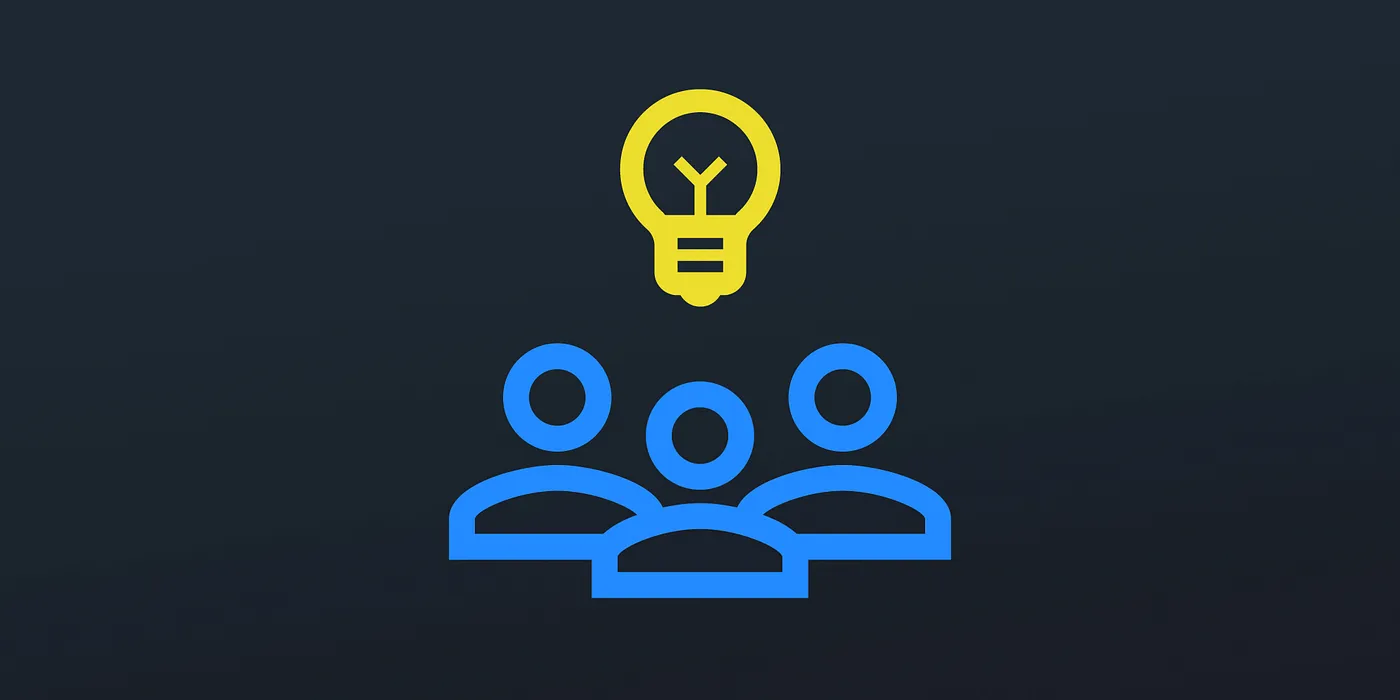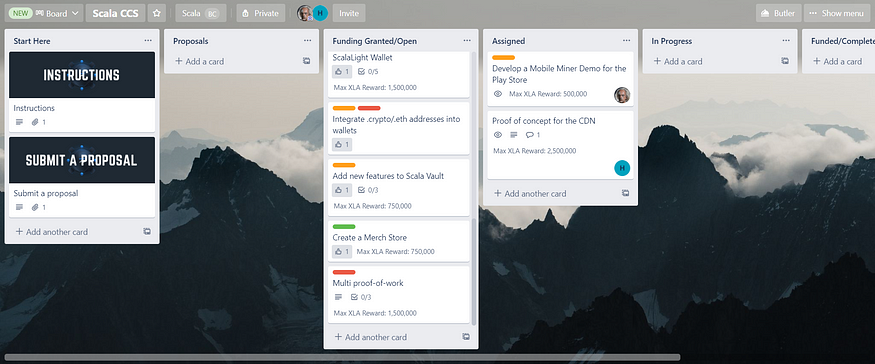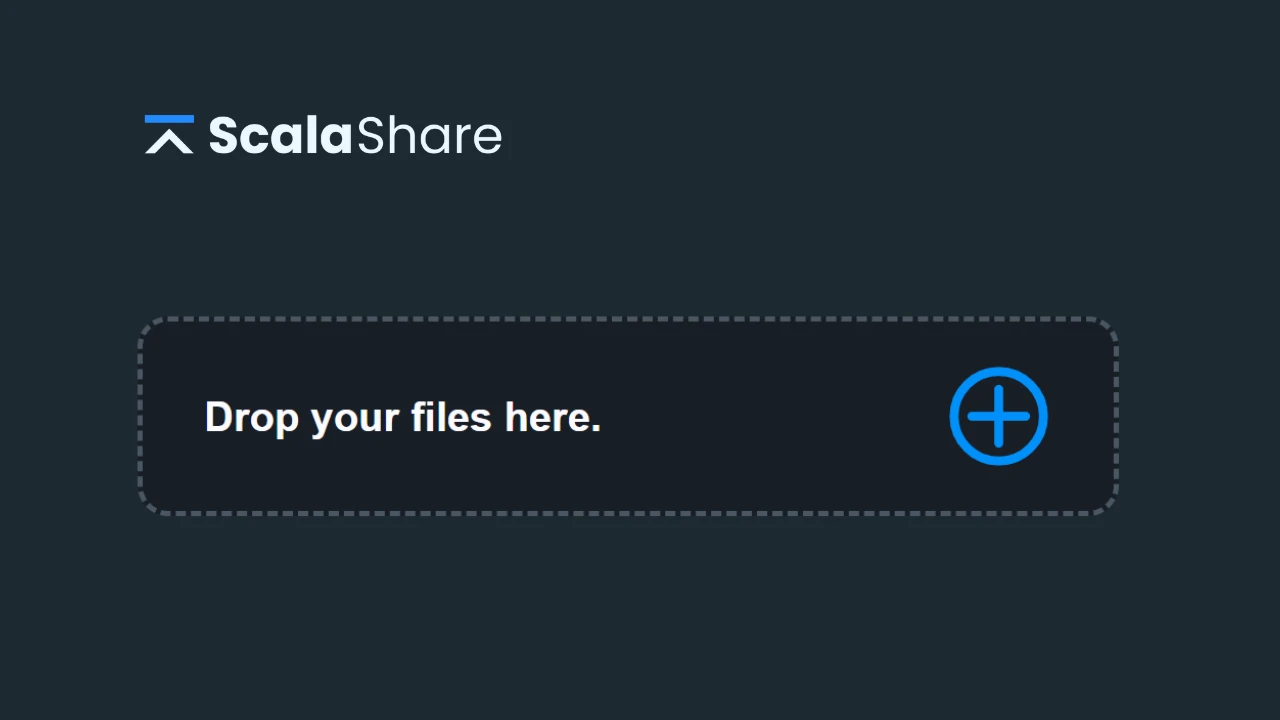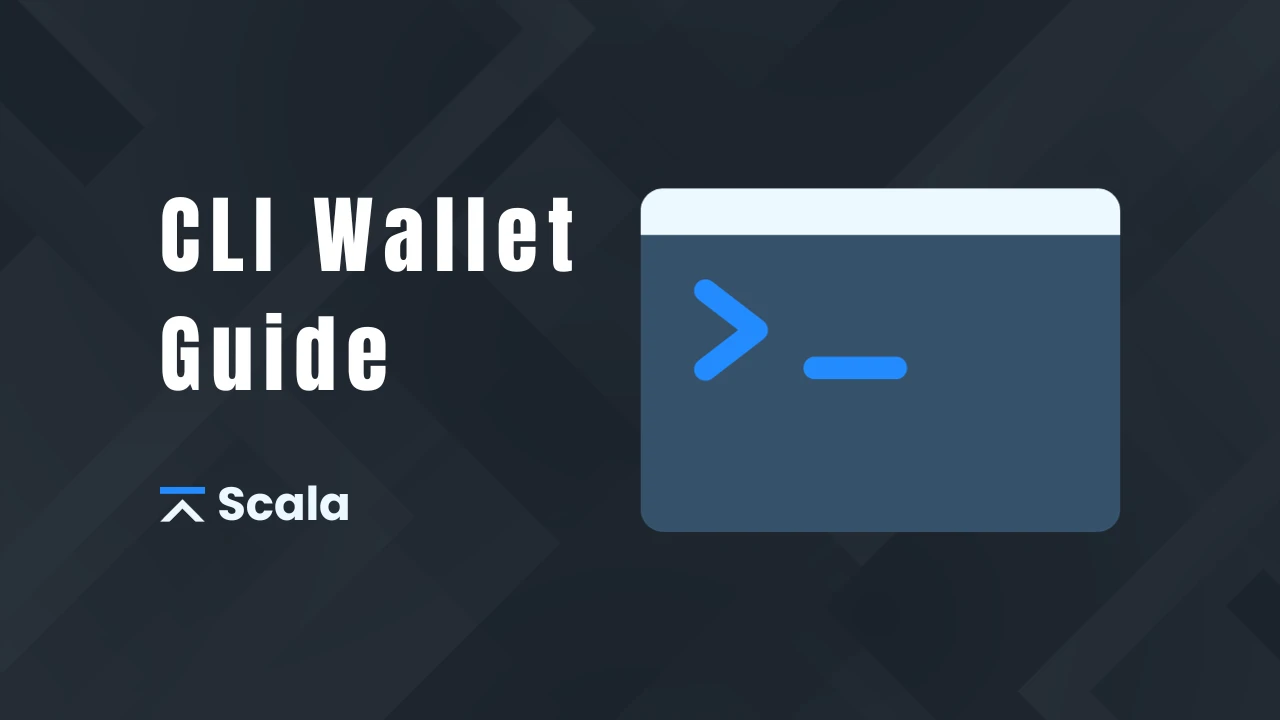
Today marks the beginning of a new milestone in our history. Since the very beginning, Scala has been maintained and developed by a handful of dedicated and skilled developers and designers — all volunteers— who have contributed to the growth of the project in a very generous way.
However, Scala has always had the vision of being a completely community-based project. Unfortunately, in the past, we have run into several pitfalls that have prevented us from fulfilling this vision completely.
With the release in 2020 of our new Panthera chain (v7), we had the opportunity to secure a premine to support the growth and sustainability of the project for the long term.
We believe the time has now come to empower our community to contribute more to the project and enrich our ecosystem to achieve our common vision.
So today we are very proud to announce the launch of our Community Contribution System (CCS).
Community Contribution System
The idea is not new and has already been implemented in several blockchain projects, for example at Monero. Basically, the CCS is a tool available to the community to propose ideas and projects. The platform also allows anyone to apply and work on an approved task, and then receive a bounty for it.
The bounty amount will be decided by the team based on the task effort as estimated by the assignee and the team. Note that the bounty amount could vary following XLA price movement.
We have also rewarded our current contributors for their most recent work on the project for a total of 118M XLA, and we are also planning on letting them use the CCS to bring more projects forward to the ecosystem.
The most critical projects like the official wallet, daemon, Diardi checkpointing, and other similar projects will be led by someone in the team with both experience and trustworthiness with the community. Only projects that the team considers to be capable of being completed by external entities will be subject to bounties.
This is the main purpose of our premine: to enable the growth of the project and its sustainanility over time.
How does it work
We are currently working on building our own custom tool to manage community tasks, but we didn’t want to wait for it before launching this initiative.
So for now, we have decided to use a very simple tool to manage the workflow: Trello.
Trello is an online project management tool, based on an organization of projects in boards listing cards, each representing tasks.
The tool can be accessed here: https://trello.com/b/rsAwcpJN/scala-ccs

It can be used in 3 different ways.
1. Submit a new proposal
If you have an idea for a project, you can submit it on the portal by commenting under the “Submit a proposal” card. The proposal will be reviewed and converted into a card by one of our team members, then moved to the “Proposals” column if it’s approved.
You can submit any project that has anything to do with the mission of Scala, as long as it respects the following guidelines:
- It has to be Scala-related somehow
- It can be related to development, communication, marketing, applications, network, etc.
- It must be legit, in compliance with the applicable laws and our code of conduct
- It must be in line with our vision: distributing wealth to everyone and every device
Once the proposal has been approved, the community can vote for it. The proposals that get the most votes will be reviewed by the Scala team to make sure it meets the guidelines stated above.
If everything is fine, the card will be moved to the next column, “Funding Granted/Open”. If for some reason the project does not fit Scala’s vision and guidelines, it can still be refined by the community until it is approved (or not).
When a project gets the final approval, the Scala team will estimate the work to be done, define the project scope with the person who applied to the task, and then decide on a fair bounty.
2. Apply to an open task
Everyone will be able to apply to work on an existing task in the “Funding Granted/Open” column of the portal. If you think you have the skills to perform the task, you can simply comment under the card and someone from the Scala team will contact you to validate your interest and confirm the task scope with you.
Clear deliverables will be defined as part of the assignment to avoid confusion regarding the work to be done to receive the bounty.
The Scala team will always have the final say regarding the project and if for any reason, the task has not been completed as agreed between the parties or the deliverable does not meet Scala’s quality standards, feedback will be given to the assignee to let him rework it. We want to avoid bounty-related conflicts as much as possible.
All the work performed by any contributor as part of this community system needs to be licensed under the BSD-3 license or any equivalent license with approved changes from the team.
3. Vote on a proposal
All community members are encouraged to vote for proposals that they find interesting by clicking on the Vote button on the desired card.

The more votes a proposal receives, the more likely it is to be approved and considered for funding.
Conclusion
We believe this portal will be a great tool for our community and a step towards the decentralization of our operations.
We are very excited to see more people step in to build the future with us!



